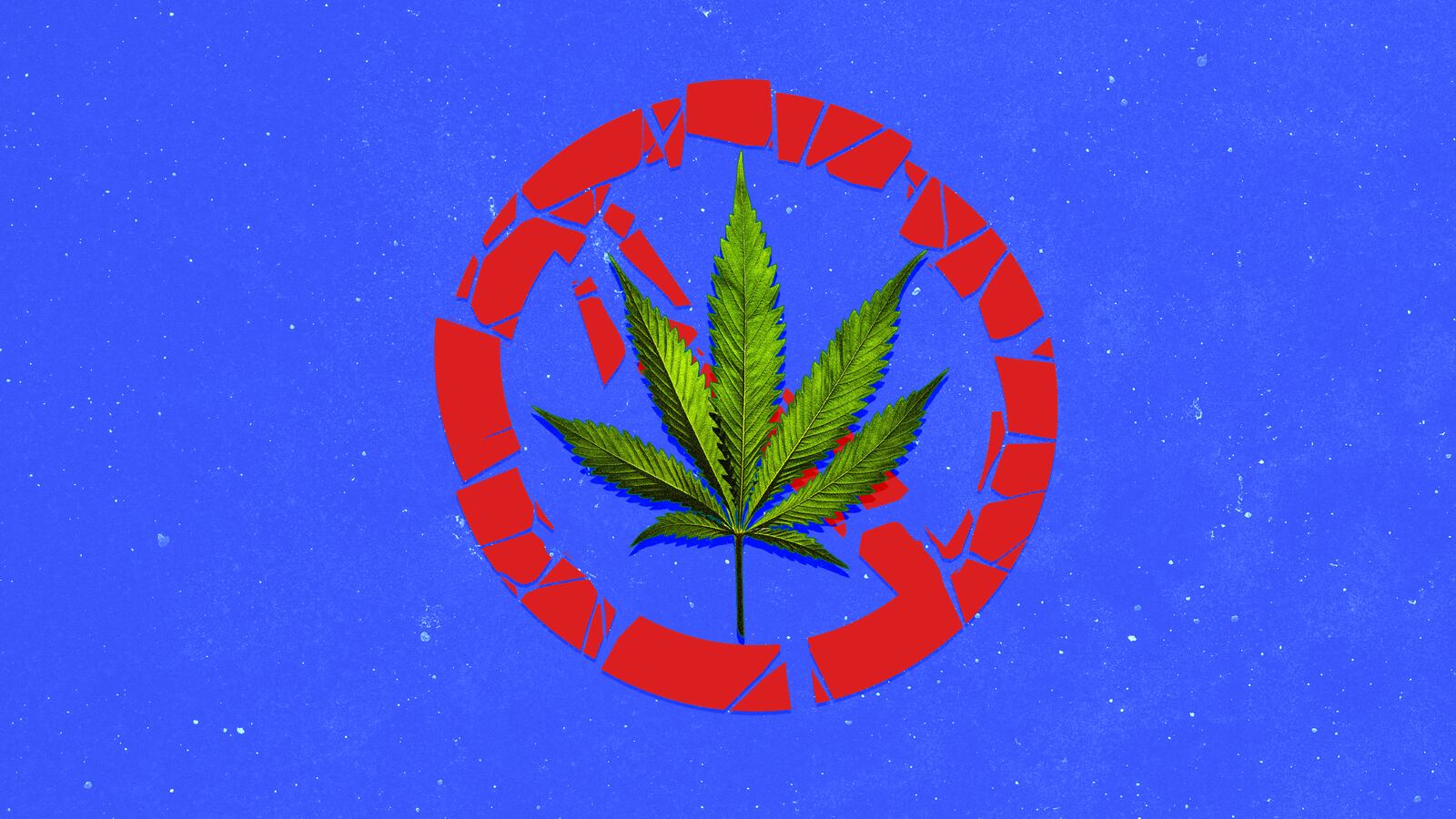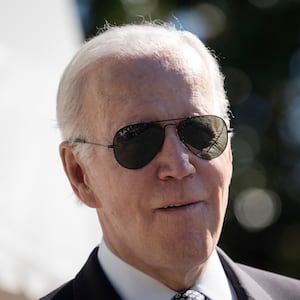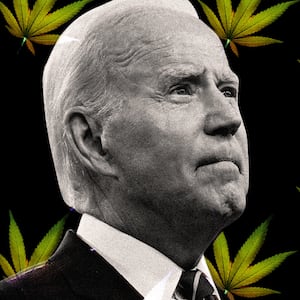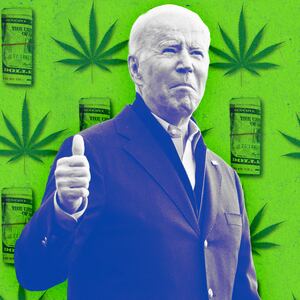“This is a gamechanger.” That was my first thought as a retired police officer, upon learning President Joe Biden had signed an executive order pardoning people convicted of federal simple possession marijuana charges, and had asked for the secretary of Health and Human Services and attorney general to review its scheduling under the Controlled Substances Act.
After two decades in law enforcement, I’ve spent the past 10 years working to reform the criminal justice system, starting with the War on Drugs. Few policies in American history have done as much damage as this racist, ineffectual, cruel set of laws that have distorted the goals of policing, produced exorbitant profits for organized crime, and criminalized millions of people needlessly and counterproductively.
Biden’s announcement holds the potential to be the most significant reform of federal drug law since former President Richard Nixon began the War on Drugs in earnest in 1971. While I applaud the move to pardon low-level federal marijuana offenders, this is mostly a symbolic gesture: state and local arrests for marijuana far outnumber those by the federal government. This order will only clear the slate for about 6,500 people.
More important is the directive to HHS and the Department of Justice to “expeditiously review” marijuana’s DEA classification, and the president’s urging of governors across the country to follow suit for the millions of people with arrest records on the state and local level. The former is the first step to sensible regulation of marijuana. The latter suggests he’s serious about it.
Currently, marijuana is classified as a Schedule I drug, the most restrictive category, reserved for those drugs with no medical use and a high potential for abuse. After years of sensible legalization and regulation at the state level and a growing consensus on its medical value, does anyone still believe it belongs there?
While Biden has hinted in the past that he supports rescheduling cannabis to Schedule II, and the administration insists he is not campaigning for any outcome, such a minor change would probably not warrant a complete pardon of all offenders with simple possession charges. I am hopeful the endgame here is the complete descheduling of marijuana, and its regulation more like that of tobacco and alcohol. It’s absolutely essential for the future of policing.
Since the start of the War on Drugs, enforcing drug policy against Americans making their own consensual choices has been one of the primary tasks for local, state, and federal law enforcement. Incentives abound—from federal grants to promotion opportunities for individual officers at all levels—for police to make drug arrests their number one priority. However as The Wire and other shows have illustrated, and countless research studies have shown, it’s not the quality of the arrest that matters, it’s the quantity.
It’s much easier to raid a street corner, arrest 12 low-level sellers and buyers and report that to the public as proof of “police efficiency” than it is to spend months and multiple officers investigating a single homicide. Indeed, clearance rates (the rate at which police solve crimes) of violent offenses have decreased in the past 50 years since the beginning of the War on Drugs while pre-pandemic drug arrests outnumbered those for violent crime 3:1—with marijuana making up around a third of those arrests.
Furthermore, when cannabis is an illicit product, sellers not only get a premium price for it, they don’t need to pay taxes, monitor their product for safety or purity, or restrict whom they sell it to. In fact, sales to kids under 21 constitute a large portion of the illicit market. That all changes when marijuana is descheduled and regulated like it has been in 19 states and Washington, D.C. Those states (and one district) have taken a huge chunk out of the profits that cartels and other criminal organizations made pre-legalization, money they used to fund every other criminal activity—like hard drug-running, sex trafficking, you name it.
Instead, that money now goes to local business owners who pay taxes, monitor their product, and check IDs. It’s been a tremendous blow to the cartels, while states have raked in billions of dollars in taxes.
So by legalizing, we’re both defunding criminal organizations and allowing police to return to the reasons police exist in the first place: to prevent and solve violent crime.
Some people might make the argument here that if these laws get people to stop using substances that are bad for them, it’s worth it. But instead of stopping people from using cannabis, these arrests have undermined public trust in law enforcement and deepened social and racial divides.
Any arrest, particularly those leading to incarceration, creates a criminal record that makes it harder to get a job and find housing. And because people of color are still arrested for marijuana offenses at a higher rate than white Americans—though Black and white people use marijuana at similar rates—this has far-ranging intergenerational impacts, particularly in poorer, marginalized communities. In addition, higher rates of incarceration are linked to declining medical and economic health of communities and to increasing rates of crime.
What’s worse, these impacts often make turning to escalating criminal activity the best or only option for people excluded from employment consideration because of an arrest record. It’s a vicious cycle, one that undermines public safety and has its roots in a racist past.
As a law enforcement professional, I recognize just how far the impacts of this Executive Order will reach. This is not a light at the end of long years of advocacy, it is the beginning of an era of better drug policy and sensible regulation.
Lt. Diane Goldstein (Ret.) is a 21-year police veteran and executive director of the Law Enforcement Action Partnership (LEAP), a nonprofit group of police, judges, and other law enforcement professionals who support policies that improve public safety and police-community relations.









